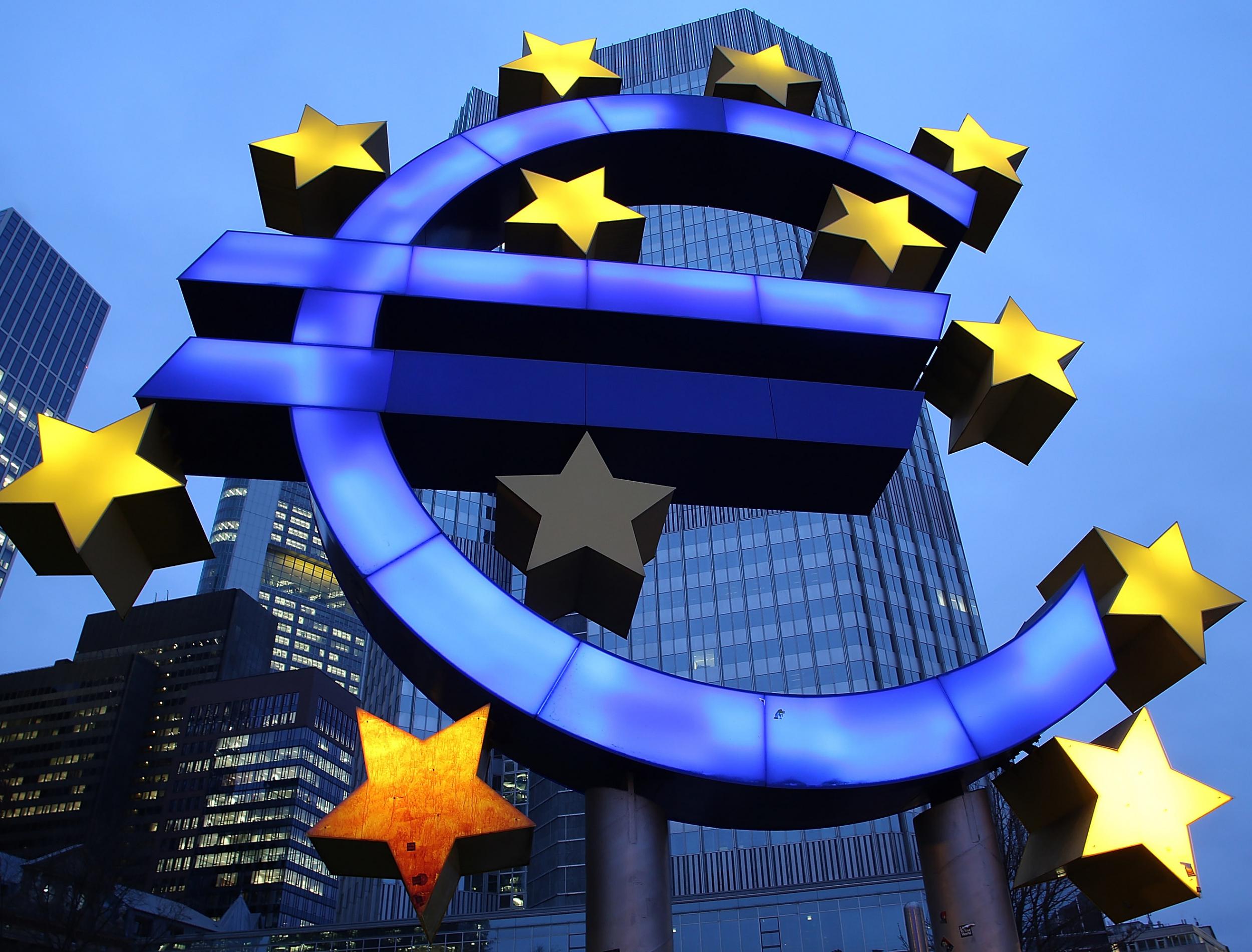The eurozone posted strong industrial production figures for December, while growth data confirmed that the bloc’s economy enjoyed its fastest growth rate in a decade last year – in sharp contrast to the situation in the UK.
The 19 countries which share the euro saw industrial production expand by 0.4 per cent in December from the previous month, taking the year-on-year gain to 5.2 per cent.
Economists polled by Reuters prior to the release of the new data had pencilled in a 0.2 per cent monthly gain and a 4.2 per cent annual increase.
Separately, the EU’s statistics office also confirmed that gross domestic product growth across the region had hit 0.6 per cent in the final quarter of 2017 on the previous quarter, and that GDP had grown by 2.7 per cent when compared to the same period in 2016.
Overall that means GDP last year rose by 2.5 per cent – the fastest growth rate since the 3 per cent recorded back in 2007.
Earlier on Wednesday, data showed the GDP of Germany, the eurozone’s biggest economy, grew by 0.6 per cent on the quarter and 2.9 per cent year-on-year in the fourth quarter of 2017. France’s GDP increased by 0.6 per cent and 2.4 per cent respectively, and Spain expanded by 0.7 and 3.1 per cent respectively.
Those numbers offer a sharp contrast to the situation in the UK, where the economy has been slowing over the past year as the impact of inflation, stemming from the steep fall in the value of sterling in the wake of the June 2016 Brexit vote, has eroded households’ incomes.
Last month, a first official estimate showed the UK economy had expanded by 0.5 per cent during the last quarter of 2017, taking growth for the year to 1.8 per cent.
The Office for Budget Responsibility has forecast UK growth this year to slow to 1.4 per cent, and 1.3 per cent in 2019 – reflecting weaker household consumption due to higher inflation and weak investment from firms, as a result of Brexit-related uncertainty.
Subscribe to Independent Premium to bookmark this article
Want to bookmark your favourite articles and stories to read or reference later? Start your Independent Premium subscription today.


Join our commenting forum
Join thought-provoking conversations, follow other Independent readers and see their replies